The incredibly moving and inspiring story about a quest to finally be heard.
In Underestimated: An Autism Miracle, Generation Rescue’s cofounder J.B. Handley and his teenage son Jamison tell the remarkable story of Jamison’s journey to find a method of communication that allowed him to show the world that he was a brilliant, wise, generous, and complex individual who had been misunderstood and underestimated by everyone in his life.
Jamison’s emergence at the age of seventeen from his self-described “prison of silence” took place over a profoundly emotional and dramatic twelve-month period that is retold from his father’s perspective. The book reads like a spy thriller while allowing the reader to share in the complex emotions of both exhilaration and anguish that accompany Jamison’s journey for him and his family. Once Jamison’s extraordinary story has been told, Jamison takes over the narrative to share the story from his perspective, allowing the world to hear from someone who many had dismissed and cast aside as incapable.
Jamison’s remarkable transformation challenges the conventional wisdom surrounding autism, a disability impacting 1 in 36 Americans. Many scientists still consider nonspeakers with autism—a full 40 percent of those on the autism spectrum—to be “mentally retarded.” Is it possible that the experts are wrong about several million people? Are all the nonspeakers like Jamison?
Underestimated: An Autism Miracle will touch your heart, inspire you, remind you of the power of love, and ultimately leave you asking tough questions about how many more Jamisons might be waiting for their chance to be freed from their prison of silence, too. And, for the millions of parents of children with autism, the book offers a detailed description of a communication method that may give millions of people with autism back their voice.

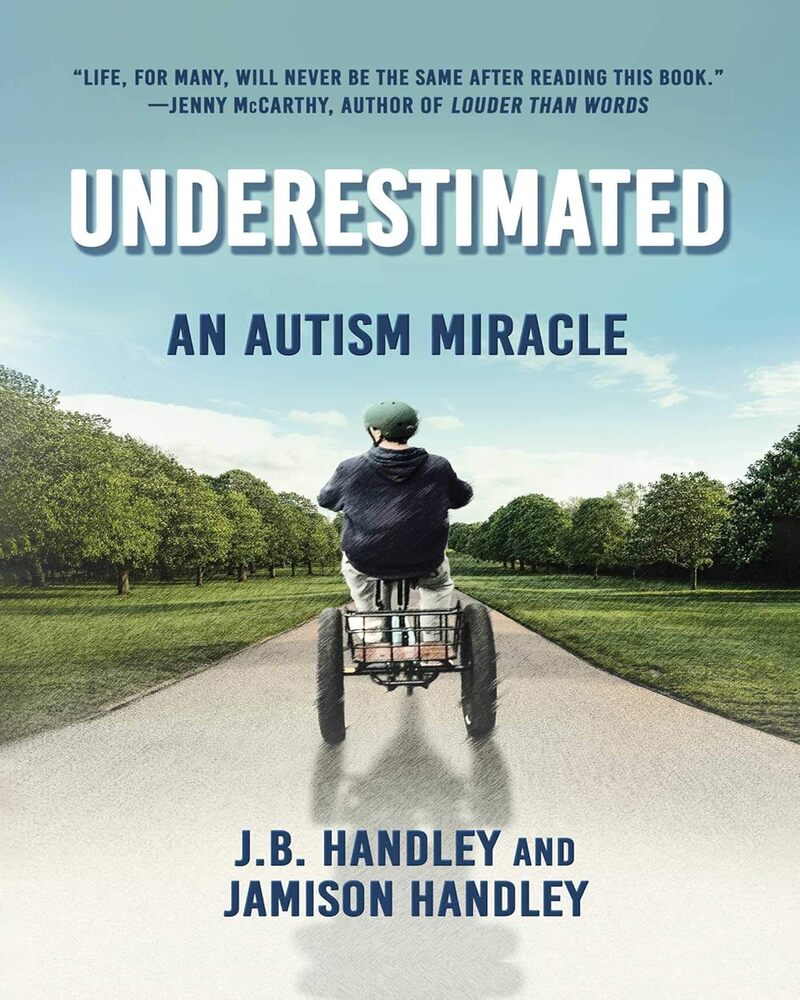
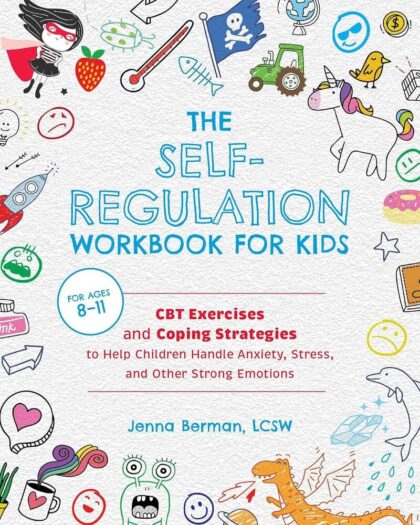
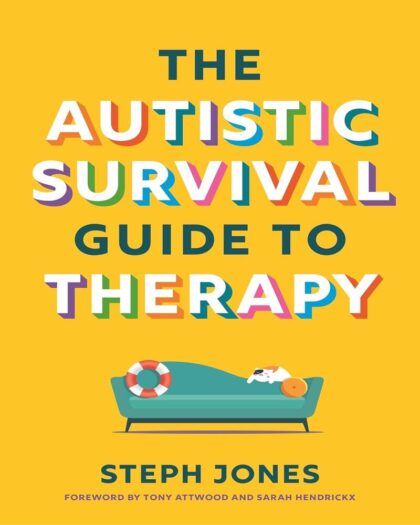
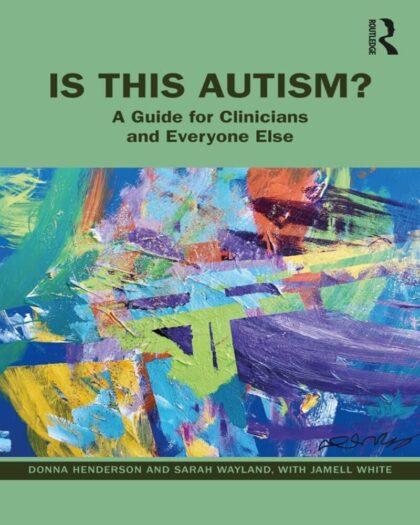
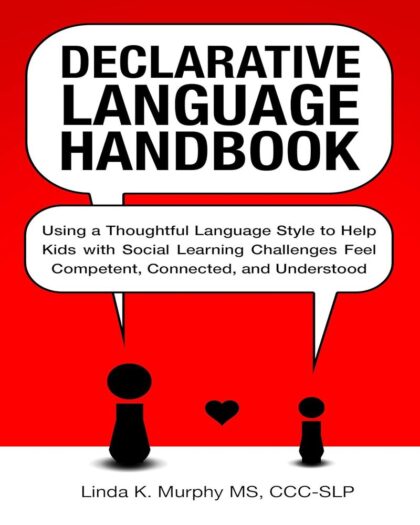
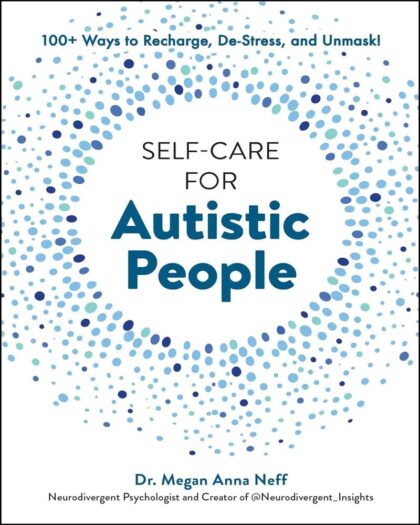
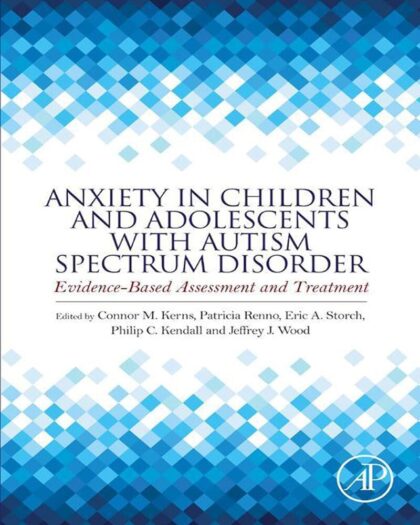
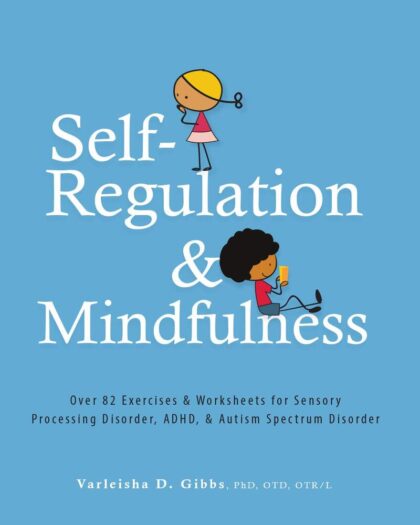
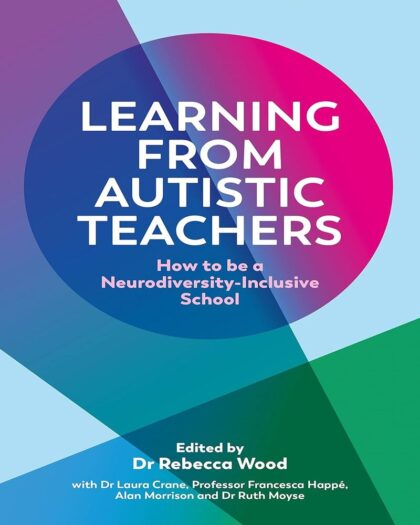
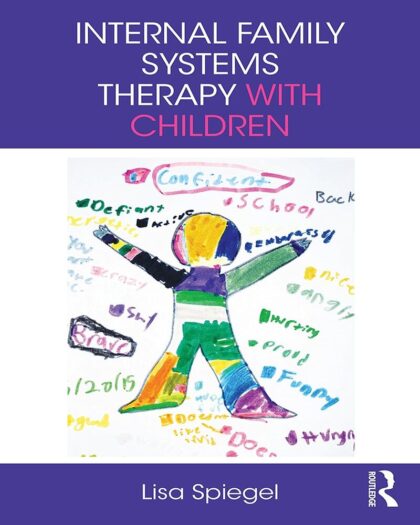
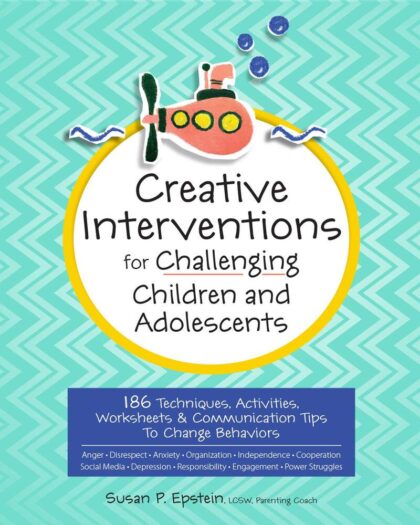
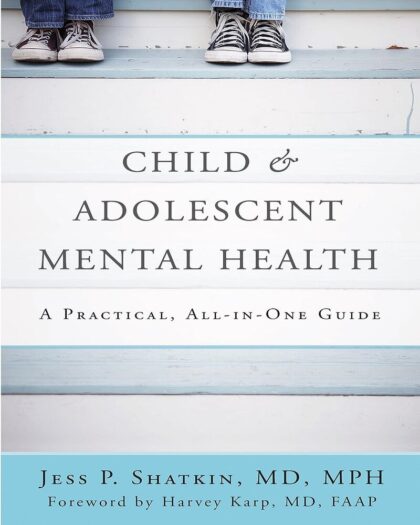
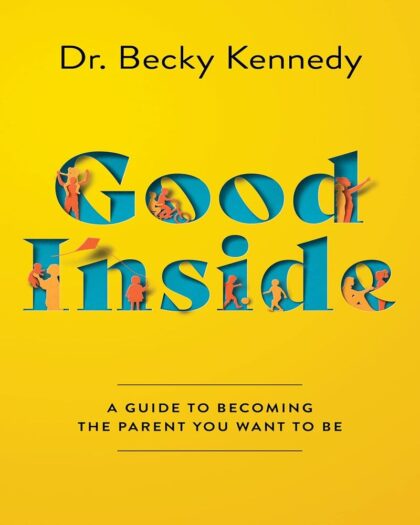
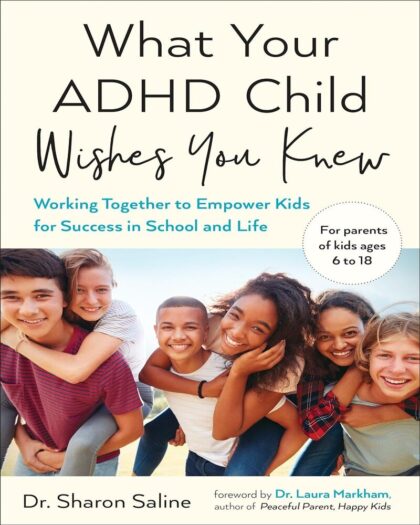
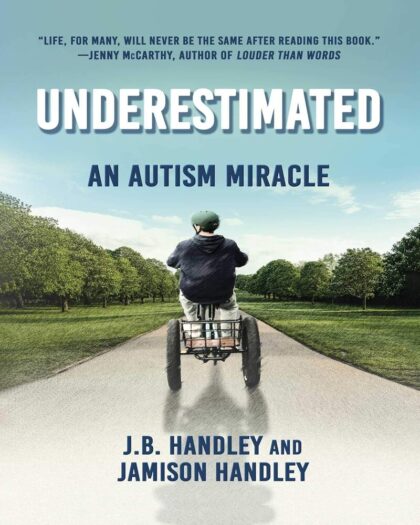
Thank you for sharing your story with us!
1. If the general thesis is true, that most non-verbal autistic people are much more intelligent and aware than thought, then it is an absolutely heart-breaking tragedy that only a couple thousand out of perhaps millions are given the opportunity to have their voice heard.
2. J.B. Handley mentioned a couple of times the 2020 study in Nature detailing how eye-tracking confirmed that subjects were actually spelling, and not being prompted. This alone should cause ASHA and debunkers to take a more critical second look at S2C; perhaps with an open mind this time.
3. The videos online are also inspiring and, though obviously not a part of the book, add some amount of corroborative evidence that at least many autistic people are being helped by this method. If some are moving from the letterboard to an actual keyboard, then it's hard to imagine how critics will answer this. A wave of the hand dismissal will no longer do. One wonders how many of these "science" defenders have actually gone to a clinic to witness first hand what is taking place.
4. I dislike quackery as much as anyone, and definitely don't want families to be given false hope, or bilked out of their money. And there are plenty of snake oil salespeople still out there who will do just that! But I'm not convince that S2C (or RPM) is pseudoscience. As mentioned, there is now some science to at least warrant further analysis, and the stories of changed lives ... well, the proof, as they say, is in the pudding. What really needs to occur is a thorough reevaluation by the powers that be. How soon will that occur? Well, the Handley's book (and movie?) should go a long way in doing just that. But it takes time for scientific consensus to change.
As an important side note, we are a special needs family. Our son just turned eleven and is considered autistic (likely induced by a brain injury soon after birth - long story). He's significantly delayed and considered intellectually disabled. Perhaps he is. But at times he's shown surprising skills learned on his own, so who knows? So yes, I'd love for S2C to be a true method for him to communicate. But he might not fit the mold, so to speak, of those who find it most helpful - and again, as a skeptic myself, I'd love for more research to be done.
But at the very least, the Handley's book, Underestimated, gives hope to parents like us that there is more to these kiddos than we're recognizing and, just perhaps, with the right training their full potential can be understood and realized.